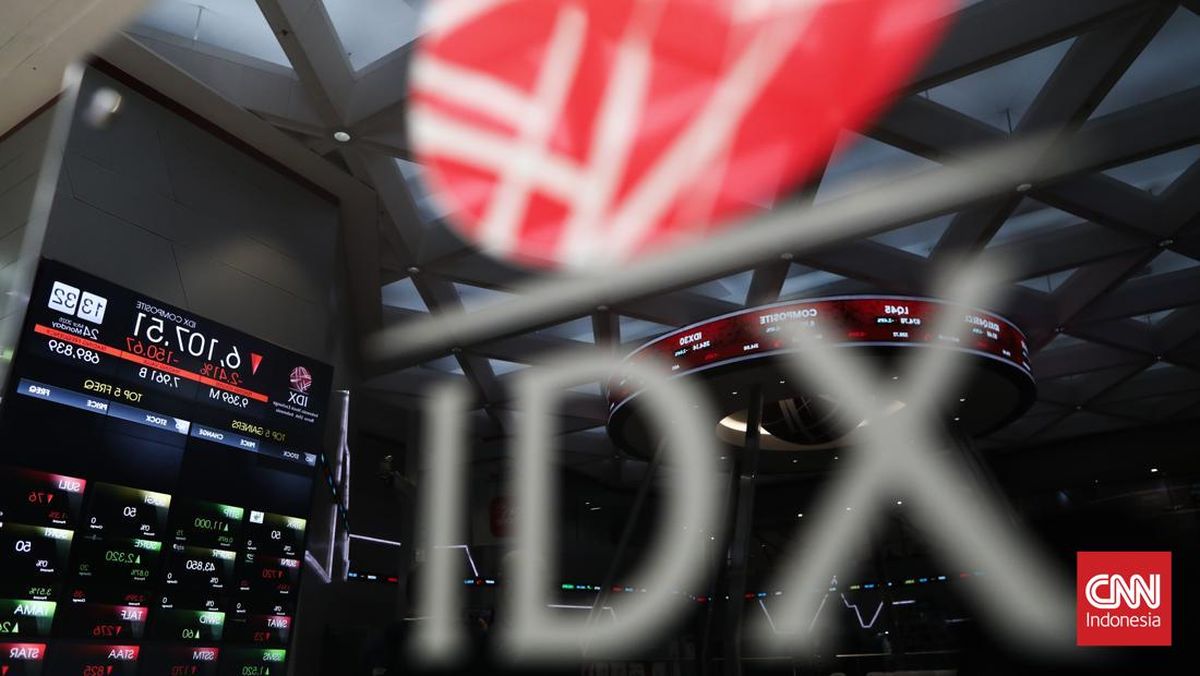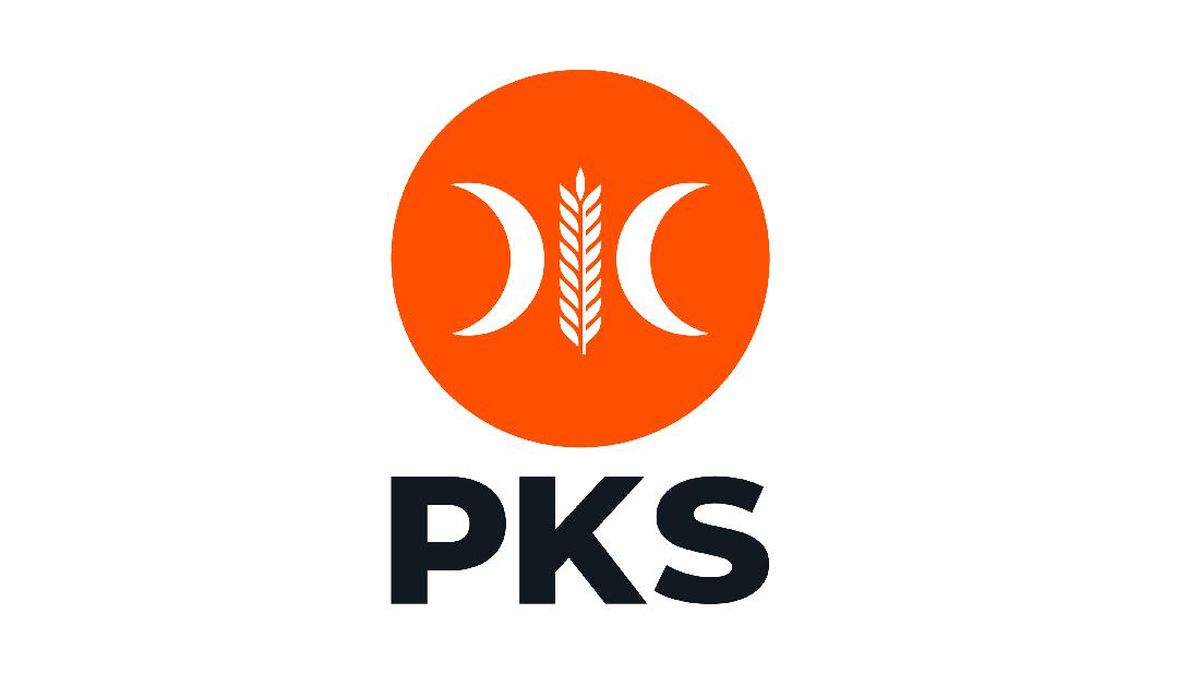Opinion
November 21, 2025 — 5.11am
November 21, 2025 — 5.11am
I read Work Therapy on the subject of writing cover letters last week and sympathised with the reader. I am tearing my hair out trying to find a job. I must have submitted 35 applications over the past six months and have heard back from just two companies. TWO! If I’m not what a company is looking for, fine. But the silence after I apply is crushing.
I was ranting to a friend about it, and they told me I was likely applying for a lot of “ghost jobs”. I had never heard of such a thing before and, when my friend told me about them, I was shocked. Why do they exist and do you have any advice for avoiding them?

Feel like you’re going around in circles applying for jobs? There might be a simple explanation. Credit: Simon Letch
Silence from a prospective employer comes across to most people as a tacit “you weren’t even close”, so I can understand why you feel crushed by the lack of responses.
A constant refrain I hear from readers (and friends) who have had a run similar to yours is words to the effect: “How can I be missing the mark so badly and so often?” The fact is, most people aren’t. But ghost jobs are one of the major reasons why the search for a new job can seem so much harder and more futile an exercise than it ever used to be.
I asked Dr Will Felps, an Associate Professor in the School of Management and Governance at the University of New South Wales, about your question. He said that ghost jobs are usually defined as ads for roles that either don’t exist, are already filled or that the employer has no serious intention of hiring for in the near term.
“They are the labour market version of catfishing. The ad looks perfect, but the relationship was never really on offer,” he explained.
Organisations may leave a job ad up because they’re happy to wait for just the right person to fill a valuable but not urgently required role.
“Ghost jobs waste applicants’ time. Candidates may spend hours tailoring CVs and selection criteria for roles that never had a real budget attached. Then, they get their hopes up, imagining an appealing role, only for the phone never to ring.”
Felps said that ghost jobs are now widespread, making up as many as 20 per cent of all advertised positions.
But why would an organisation go out of its way to deceive and so erode confidence in the hiring system? The research into that question is a bit thin, but Felps said that several anecdotal explanations ring true.
Loading
“Sometimes the ‘vacancy’ is essentially reserved for an internal hire, but an ad is posted to satisfy policy or show that a ‘diverse pool’ was considered. Ghost job postings also help companies build a ‘warm’ pool of CVs for when a role might open,” he says.
“[They] be a signal to markets that a company is growing and healthy. And managers may use an ad to show teams ‘we’re hiring support’, even when [they’re not].”
And sometimes there are less disingenuous reasons – for example, an admin error on the part of an HR team. I also know of organisations who leave a job ad up because they’re happy to be patient and wait for just the right person to fill a valuable but not urgently required role. If these aren’t technically ghost ads, they are certainly often surrounded by a wall of very high standards.
Having said all that, ghost jobs alone don’t explain your dispiriting strike rate. Felps said another factor to consider was a phenomenon that is (slightly confusingly) called “ghosting”.
This is the colloquial term for the practice of “neglecting to inform applicants of hiring outcomes”. Despite being terrible practice – and just discourteous – it’s more prevalent than ever before.
Can you avoid ghost jobs? That’s not easy, although a job that has been advertised for several months is a definite red flag, Felps recommends “triaging” your effort.
“For broad mass postings with vague job descriptions, put in low effort as you tailor your application. Don’t hold your breath expecting to be contacted,” he says.
Invest time in personalising your application and reaching out for ‘high-signal’ opportunities. These include ads that have been posted recently and have a clear contact person that you can find online, or that have been referred to you by someone in or close to the organisation.
Most Viewed in Business
Loading


















































